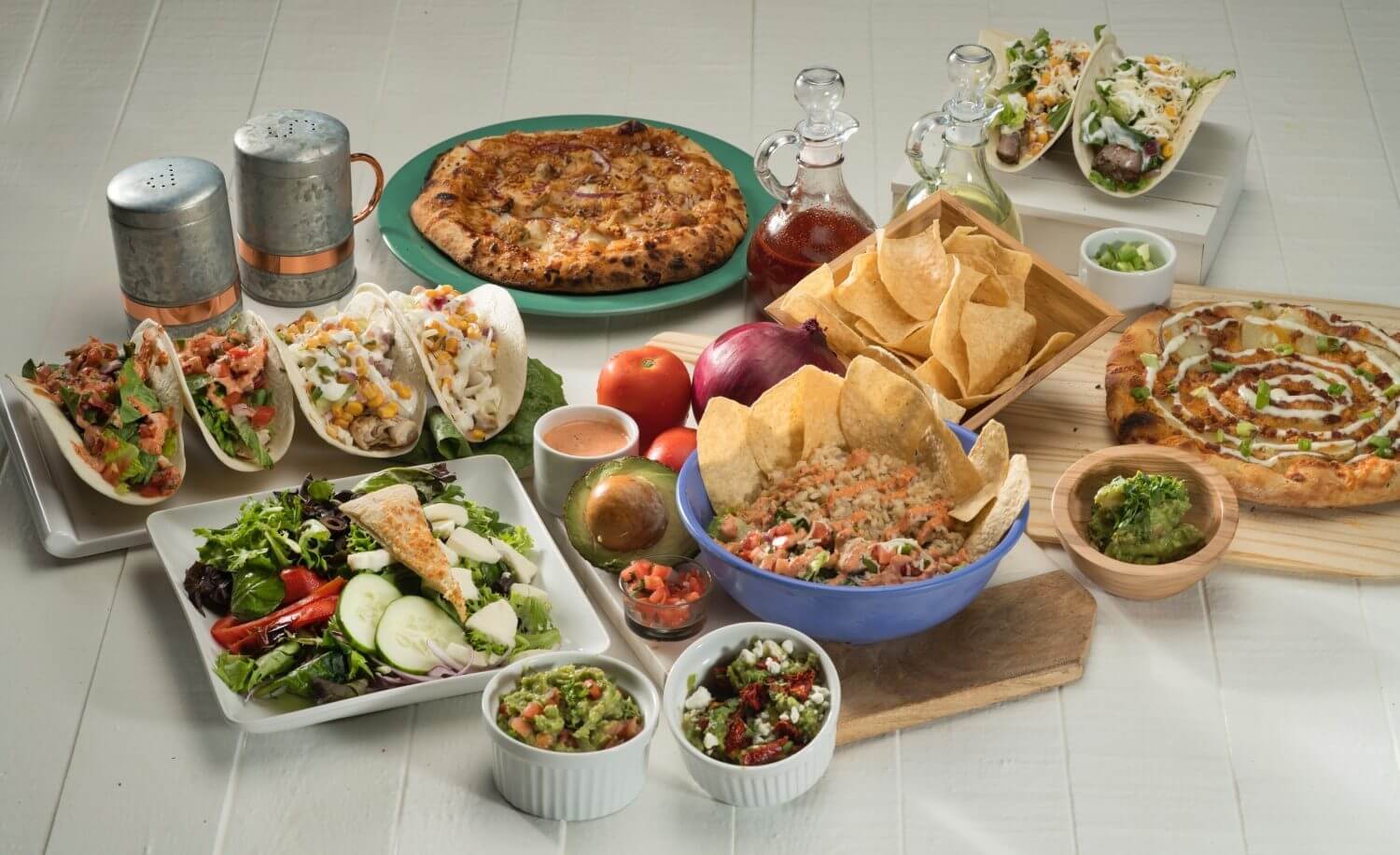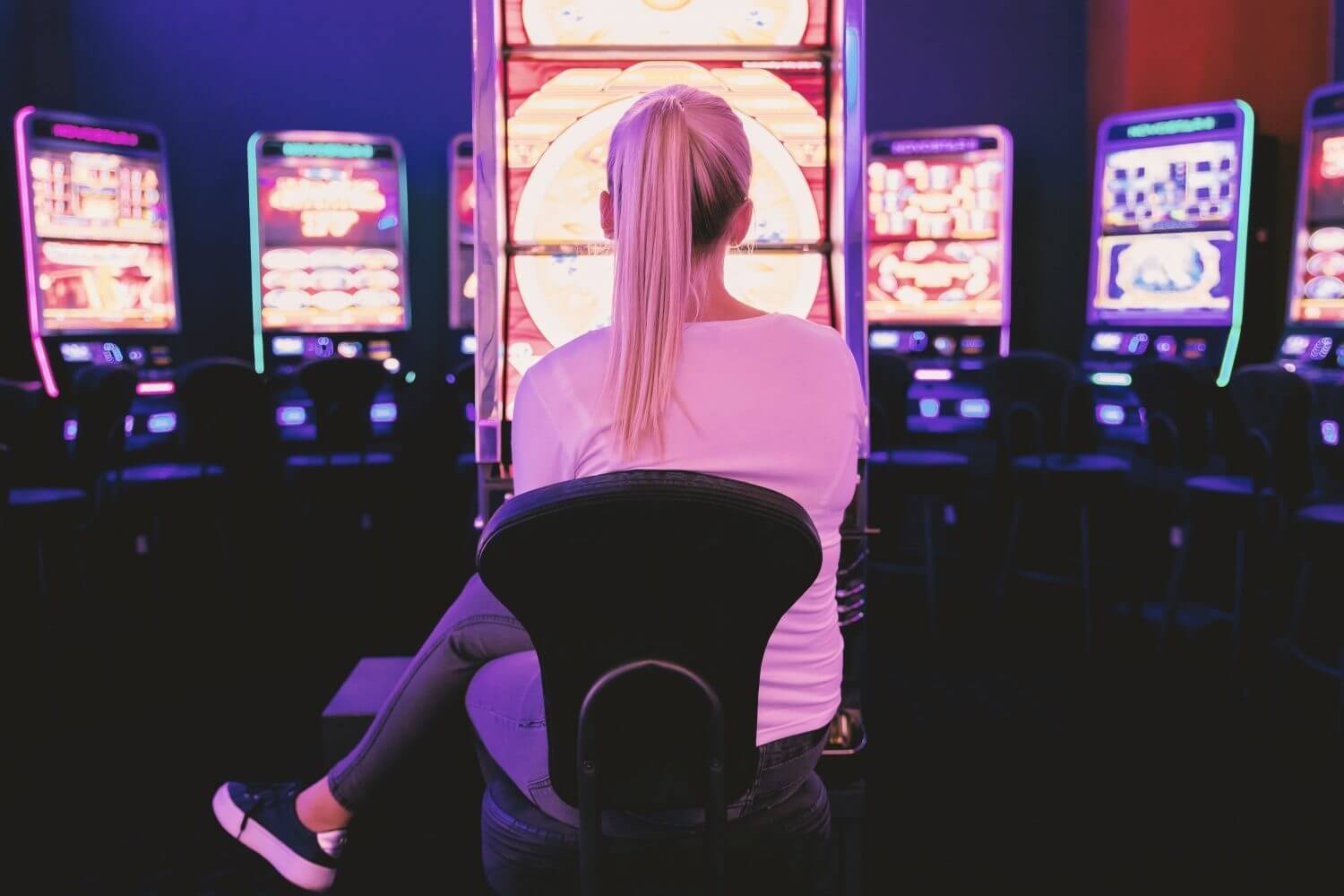TRANSFORMING YOUR HABITS TO TRANSFORM YOUR HEALTH PART 14
There’s a difference in the feeling of pleasure, or euphoria, versus the feeling of well-being.
When I talk about this, for the sake of this blog, I’m substantially simplifying these concepts.
For a more in-depth explanation, watch our video series and read our book, Authentic Health.
Pleasure vs. Wellbeing
You have a region in your brain known as the reward center. It’s supposed to orient our behaviors around activities that promote our survival, such as eating and reproduction. There are many different activities and substances that stimulate our reward system. When they do, we have strong feelings of motivation and energy (from a concurrent stress response). If we experience the culmination of the reward response, the result is a brief period of pleasure. It is described as a feeling of euphoria.
This system works fine when the behaviors and substances that stimulate it are not unnaturally concentrated or experienced at a high frequency. This system directs us to behaviors that promote our survival. However, this system does not work well, nor is it adapted to, an environment in which the triggers are super-concentrated and readily available.
Because the system helps us survive, it is designed to override our higher mind, or conscious controlled behavior.
In addition, it overrides internal, non-conscious, regulatory functions that balance our behaviors.
>
“If we experience the culmination of the reward response, the result is a brief period of pleasure. It is described as a feeling of euphoria.”
When Pleasure Goes Bad
WHAT’S AN EXAMPLE? BINGE-EATING.
There are certain flavors in foods, such as sugar, fat, salt, and meaty flavors, or glutamate, that are powerful triggers of our reward system.
When we experience these flavors, our brain turns off conscious control of eating and overrides normal satiety function which causes us to binge eat. That’s because these flavors are associated with nutrients that helped us survive, but they were not always readily available to us.
Food manufacturers have taken advantage of this.
Now they make super-concentrated flavors in foods that have minimal fiber or nutrients in them. The American marketplace is manipulating your reward system and making you feel like it’s your fault that you can’t control yourself – when in actuality – it’s biology you can’t control.
This feeling is not sustainable, and it’s not real. For the moment, it feels good, but you quickly develop tolerance and soon you feel no pleasure at all. You just feel a little less bad when you binge eat, or smoke, or drink, or whatever it may be.
>
“For the moment, it feels good, but you quickly develop tolerance and soon you feel no pleasure at all.”
Awareness Rather than Blame
We blame ourselves for this, but we shouldn’t.
Yes, we’re making a choice, but we’re not really. Ultimately, we do have to make the choice to walk away altogether. If you’re susceptible to those specific triggers and you’re exposed, you will not be able to control your behavior.
Genetics play a part. Not everybody is susceptible to every one of those flavors, nor is everyone susceptible to nicotine, alcohol, or opiate addiction. But we’re all susceptible to some form of addiction, whether it be through entertainment, cell phones, video games, gambling, binge eating, drugs, alcohol, or many other things that trigger the reward system.
You have to understand what you’re dealing with.
Our reward system is meant to work in balance, over the course of time when we enjoy good food, and when we enjoy activities that promote our long-term survival. What we’re really supposed to experience afterward is a feeling of wellbeing. That’s a different area of the mind.
I want you to think about what triggers your reward system.
What can’t you control when you’re exposed to it?
Willpower, while important, is not the primary way we control these responses. I describe this more thoroughly in the book, and in our other resources. I think this teaching is very effective and helpful.
We’re up against something we don’t understand, but that something understands us, and it’s taking advantage of the situation. It’s very important to wake up to this. In our next post, we’ll discuss how to cultivate wellbeing.
Health Shepherds is on a mission to deliver personalized and compassionate healthcare. Follow us on Facebook. Want to ask a question? I’d love to hear from you. Feel free to contact me.







